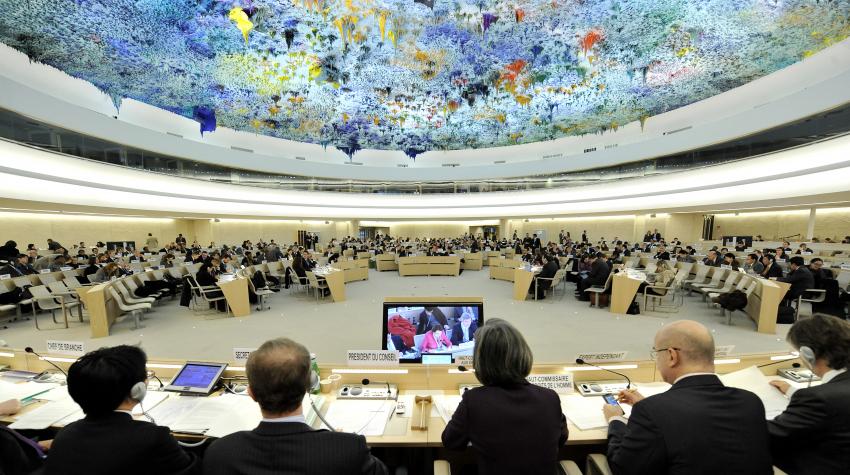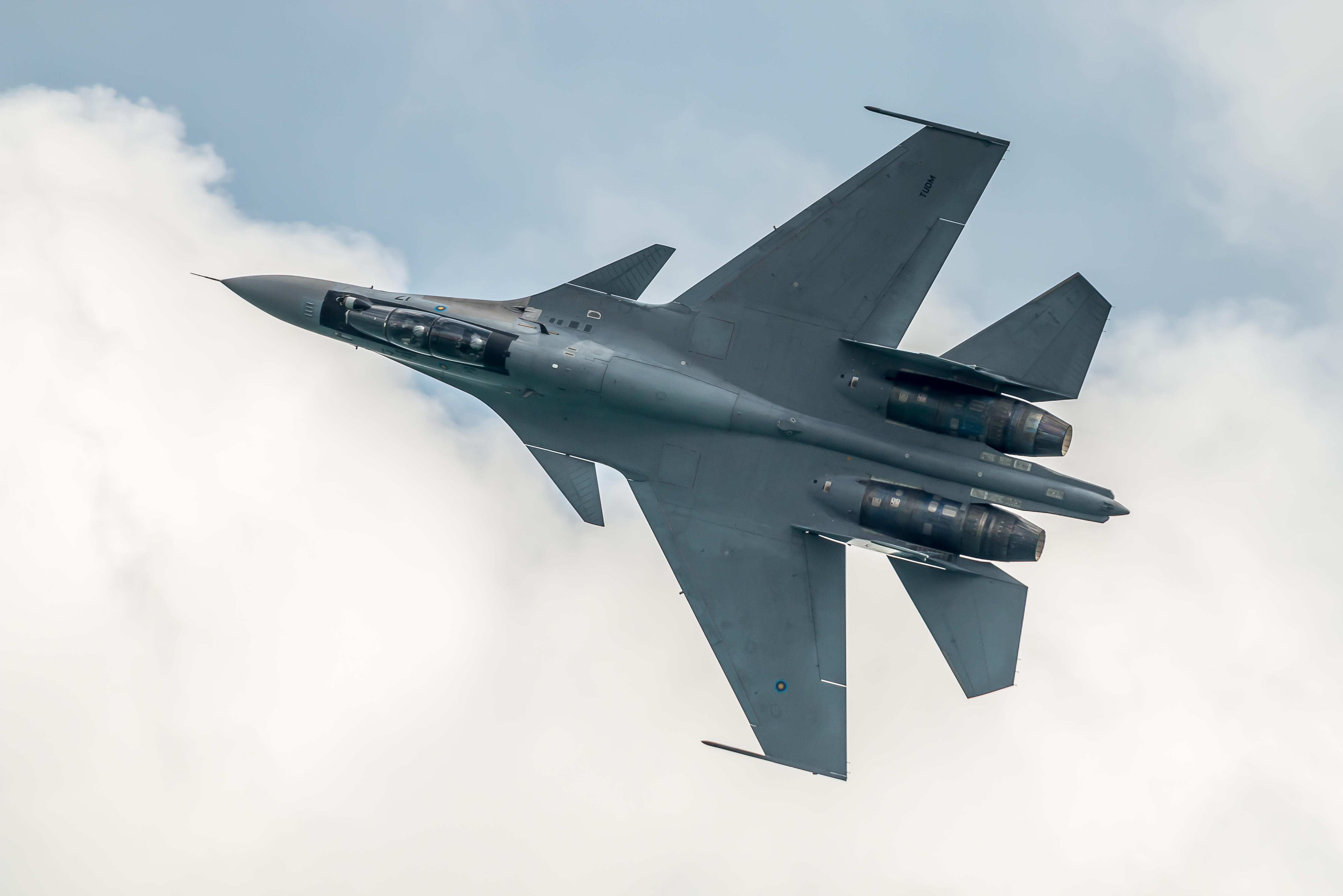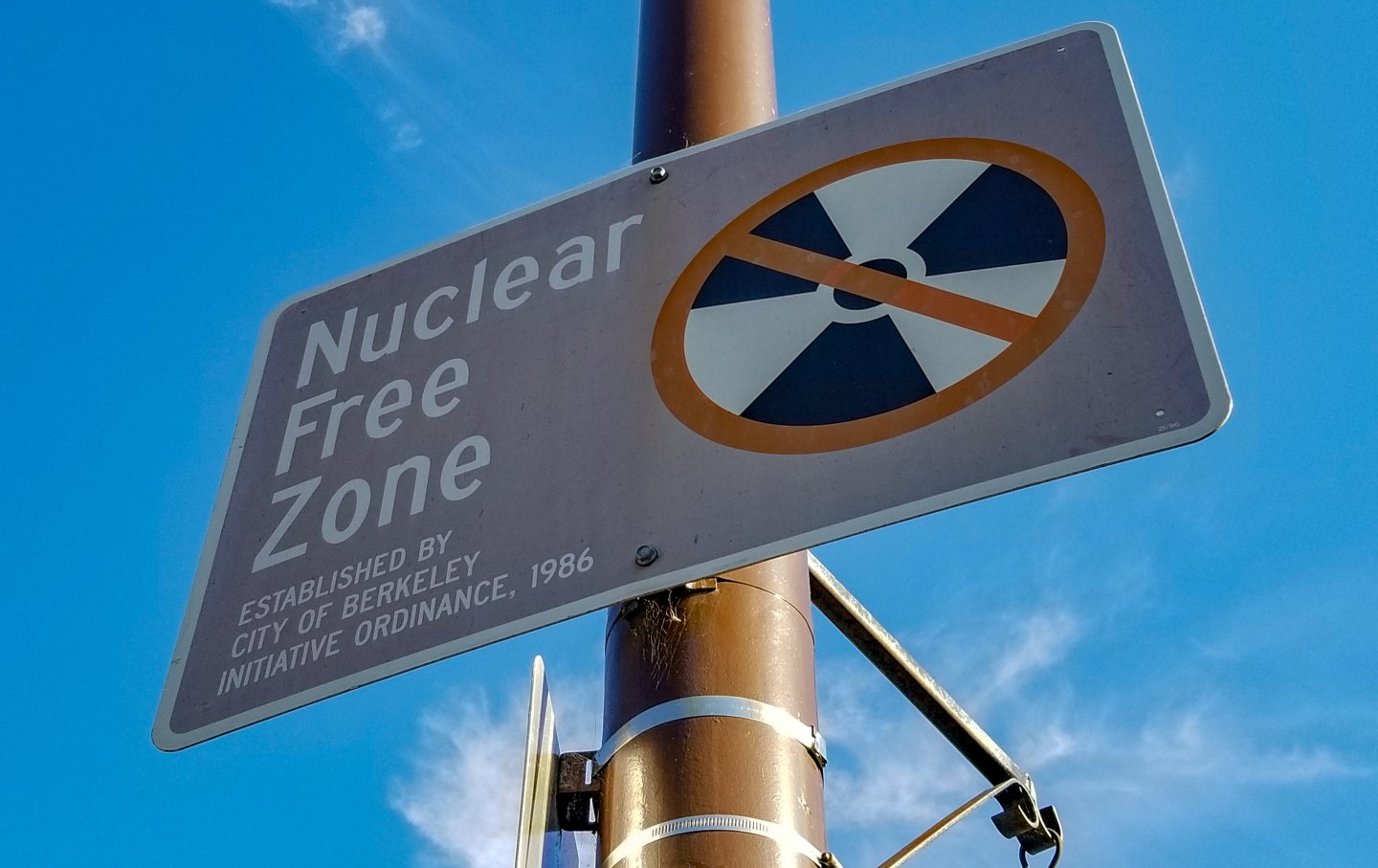
Basel Peace Office Joins other NGOs in a
Submission to the UN Human Rights Council
Basel Peace Office
GENEVA (April 8, 2025) — Belarus should reinstate its constitutional status as a nuclear-weapon-free country, return the nuclear weapons deployed in its territory to Russia, and revive its earlier proposal for the establishment of a Nuclear-Weapon-Free Zone in Central and Eastern Europe, according to a submission made to the Human Rights Council in Geneva by Basel Peace Office (Switzerland),
International Centre for Civil Initiatives (Belarus) and five other non-governmental organizations. The submission was made as part of the Universal Periodic Review of Belarus’ adherence to its human rights obligations under international law.
“The threat of nuclear war has increased markedly through conflicts involving nuclear armed and allied states, including the Russian invasion of Ukraine,” according to the submission. “The Russian nuclear weapons recently deployed in Belarus – Iskander-M short-range nuclear missiles and free-fall nuclear bombs deliverable by Belarussian SU-30 fighter-attack planes – elevate this threat.”

One of the SU-30 fighter-attack planes in the Belarussian airforce. Russia has transferred an undisclosed number of free-fall nuclear bombs that can be delivered by the SU-30. These have a yield of 15-20 kilotons.
Illegality of the acquisition, threat
and use of nuclear weapons
The submission cites the UN Human Rights Committee affirmation in 2018 that “The threat or use of weapons of mass destruction, in particular nuclear weapons, which are indiscriminate in effect and are of a nature to cause destruction of human life on a catastrophic scale, is incompatible with respect for the right to life and may amount to a crime under international law.”
The submission also notes the obligation of Belarus under the Nuclear Non-Proliferation Treaty “not to receive the transfer from any transferor whatsoever of nuclear weapons or other nuclear explosive devices or of control over such weapons or explosive devices directly, or indirectly.”
“The deployment of Russian nuclear weapons in Belarus, which President Lukashenko has said that he is ready to use without hesitation in case of aggression against Belarus is in direct violation of international law,” says Rebecca Shoot, Executive Director of Citizens for Global Solutions, one of the organizations making the submission.
Iskander-M short-range nuclear missile on the starboard erector arm of the 9P78-1 transporter erector launcher. Russia has transferred an undisclosed number of these to Belarus. The warheads have yields between 5 and 50 kilotons
Belarus as a Nuclear-weapon-free Country
In the early 1990s, a newly independent Belarus took some exemplary actions for peace and disarmament. This included relinquishing all nuclear weapons that were remaining on its territory following the break-up of the Soviet Union, acceding to the Nuclear Non-Proliferation Treaty (NPT) as a non-nuclear State, and adopting a constitution that confirmed Belarus as a “neutral, nuclear-weapon-free country” with a foreign policy based on the “non-use of force or the threat of force, the inviolability of frontiers and the peaceful settlement of disputes.”
The submission calls on Belarus to not only reinstate its status as a nuclear-weapon-free nation, but to also support adoption of no-first-use policies and replacement of nuclear deterrence with common security to help build a shared future based on peace rather than the spectre of nuclear war.

“The land of Belarus once chose to silence the hum of nuclear warheads and listen instead to the quiet breath of its forests, lakes and swamps. It is time to remember that promise of peace.”
— Olga Karatch (Belarus)
Founder and director, International Centre for Civil Initiatives – Our House.
Reviving the Belarus proposal for a
European Nuclear-Weapon-Free Zone
The submission welcomes the proposal for a Central and Eastern Europe Nuclear-Weapon-Free Zone which Belarus submitted to the UN General Assembly in 1990. It calls for Belarus to review, revive and reshape such a proposal, which could help in building security guarantees against the threat or use of nuclear weapons in the region.
The submission also includes the voices of youth, highlighting the rights of current and future generations to peace and to be free from the threat of nuclear annihilation.
“Russian nuclear weapons deployed in Belarus — along with other nuclear weapons deployed by nuclear-weapon States in Europe and globally — threaten the lives and wellbeing of non-combatants, including youth and future generations.” “Youth in Europe and around the world want to transcend borders, cooperating as friends to build a better future, not as enemies divided by nuclear threats.”
— Ayleen Roy, Core Team Member of Youth Fusion.

Security Assurances through
Nuclear-weapon-free Zones
“Most countries in the global South are part of legally declared Nuclear-Weapon-Free Zones (NWFZs). This has helped to build common security and end nuclear threats in these regions. The concept of a European NWFZ could potentially contribute to discussions on security of Belarus, Ukraine and other European nations at this time.”
— Prof. Dr (med) Andreas Nidecker, President, Basel Peace Office.
Read the Full Submission Here:
Nuclear weapons policies and practices of Belarus with respect to international human rights law: List of Issues Submission to the UN Human Rights Council during its Universal Periodic Review (UPR) of the Republic of Belarus.
Copyright © 2025 Basel Peace Office, All rights reserved.
Posted in accordance with Title 17, Section 107, US Code, for noncommercial, educational purposes.